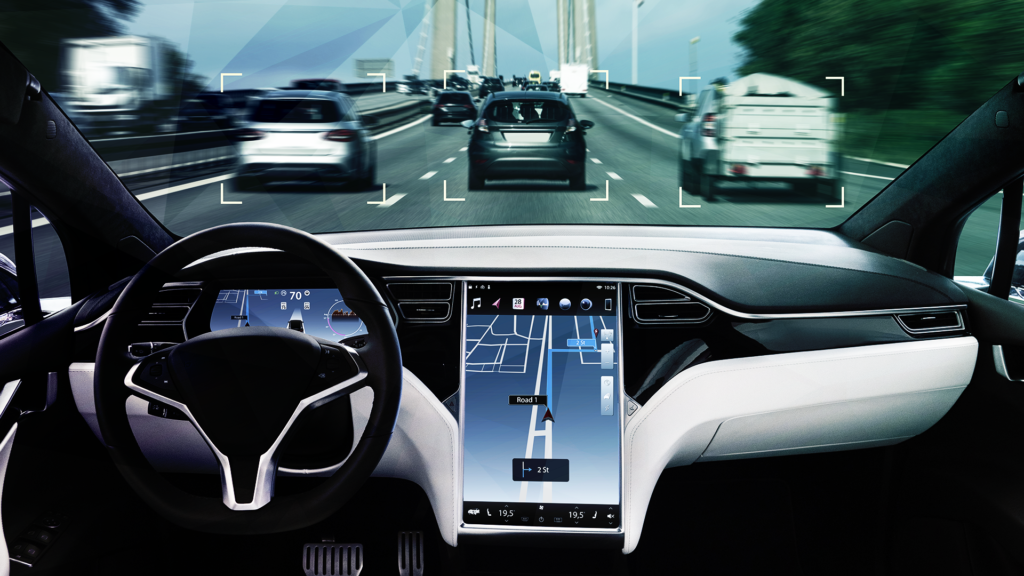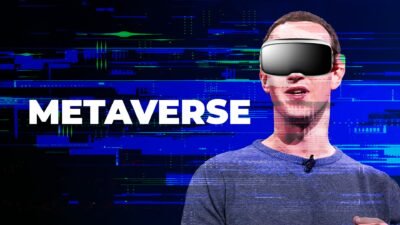Tesla Autopilot Sued For Misleading Advertising

Tesla would advertise its autopilot with features that are not accurate. A judge must clarify whether this is misleading. Accordingly, the California traffic authority Department of Motor Vehicles, DMV for short, is suing the auto giant. That reports the LA Times.
The agency has sued Tesla for false advertising for the company’s Autopilot and Full Self-Driving technologies and requires Tesla to warn customers about flawed features. The authority accuses the electric car manufacturer of deliberately misleading customers with advertising claims describing the autopilot and fully self-driving technologies as more powerful than they actually are.
False or misleading?
“The company has made or disseminated statements that are untrue or misleading and are not based on facts,” the DMV said in official complaints.
The DMV’s complaints relate to the names of the technologies themselves, as well as other “misleading” wording such as the one on the Autopilot page of the Tesla website: “All you have to do is get in and tell your car where you have to go. you don’t say anything, your car looks at your calendar and leads you there, assuming you will reach your destination.
Your Tesla finds the optimal route, navigating city streets, complex intersections, and highways.” Tesla must now be prevented from continuing to advertise with such strong promises and instead be required to point out the problems with the features.
“Tesla cars can and never can be used as autonomous vehicles,” the DMV statement says. The DMV notes that Tesla’s website states that “the currently enabled features require active driver supervision and do not make the vehicle autonomous.” according to the DMV, the disclaimer “contradicts the original false or misleading statements and claims, which is misleading and does not remedy the infringement.”
The consequences could be serious for Tesla in court. According to the LA Times, the company could even lose its licenses to manufacture or sell its cars in California.
Court Decision In Germany About Autopilot
It wasn’t until July that we reported on an interesting ruling that a German court had made on autopilot. The Munich court had concluded that, in the expert’s opinion, the autopilot had significant safety deficiencies that made vehicles a huge hazard in city traffic.
Digital marketing enthusiast and industry professional in Digital technologies, Technology News, Mobile phones, software, gadgets with vast experience in the tech industry, I have a keen interest in technology, News breaking.









